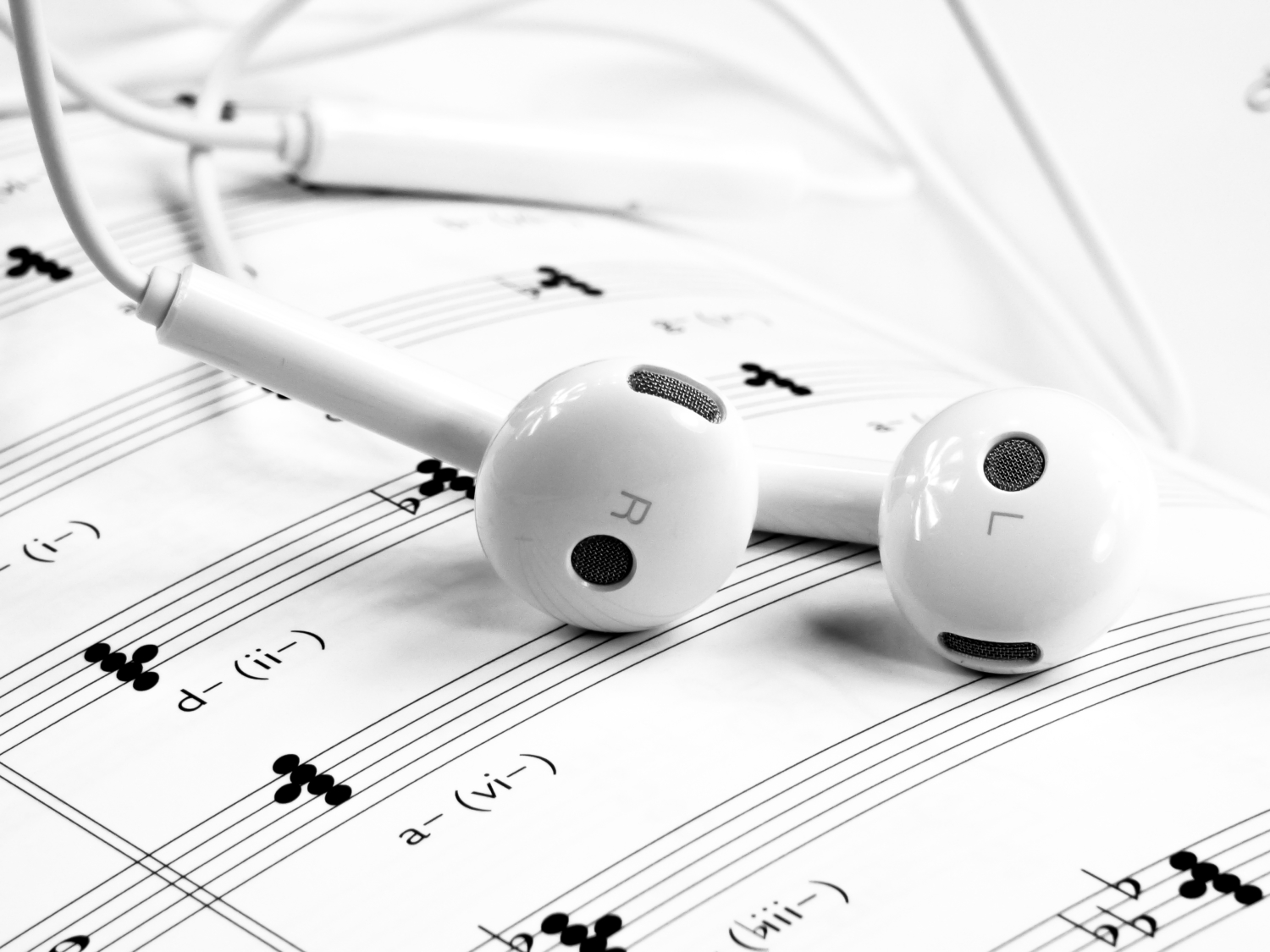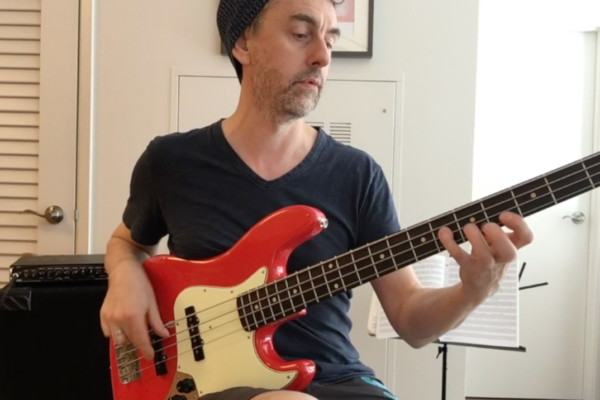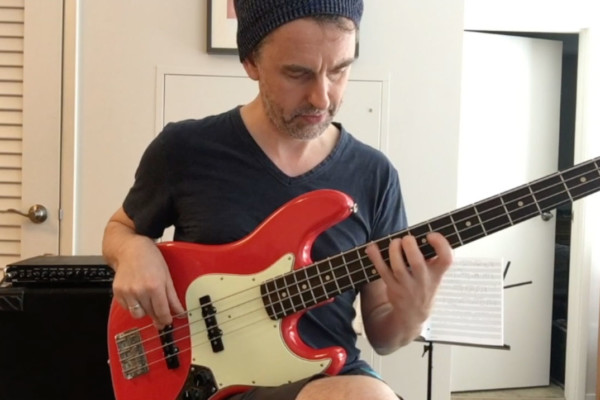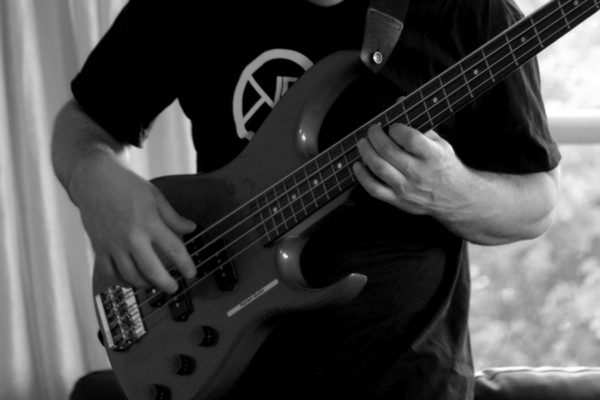Who Should I Transcribe?

Q: I have a question about who to transcribe. I’ve heard others say, “never transcribe bass players” when transcribing solos. I’ve also heard people say that I have to transcribe Charlie Parker to work on my jazz phrasing. The problem is that I’m just not that into the stuff I’m told that I HAVE to transcribe. Any thoughts? Should I just power through it because it’s good for me and assume that I’ll see the benefits as I do it?
A: As a general rule, I never subscribe to general principles that state “never” play this or that, “never” study this or that, “always” do this or that. With regard to artistic development, it just doesn’t compute to me.
When it comes to transcription, in my estimation, the whole point is to have heard somebody play something, think “THAT’S what I want to know more about”, and then get to work figuring it out and dissecting it in order to internalize some of that vocabulary.
In order to really get something out of a transcription, you have to dig a little deeper, explore the context of the line against the harmony, try and see the line through the player’s eyes/ears, etc. That requires that you care, get passionate about, get excited about what you are learning. That is the reason why I work with my students to try and explore what kind of player they really want to become as they develop and to dig into the music and players that embody that ideal (or parts of it, anyway).
If you love the way “X” bassist plays and wish you could do that… dig in!! Don’t worry about what anybody says. You don’t only have to cop bebop solos at 200+bpm in order to learn how to improvise well and I defy anybody to convince me that there is only one acceptable way to do… anything in an art form of any kind. In fact, it is often those who travel new paths to get to where they’re going that wind up developing such unique and singular voices.
Of course, you have to keep yourself honest and not use any of this as an excuse to avoid the hard work. Proficiency demands that you work your butt off, to a degree and mastery very much demands that you commit much of your life towards its pursuit.
There are certain things that are a given. If you want to be able to solo over complex changes like your favorite jazz musician, then you are going to have to develop your ears as well as your internalization of various harmonic concepts. It’s pretty unavoidable (but there have also been phenomenal jazz icons who did it all by ear, coming to understand harmony not by numerical functions but by sound and shape. There is no ONE way like I said).
You can’t learn anything out of a book without giving the information context in the real world. You can’t learn music without listening (a lot) and you can’t learn to play how YOU want to play without fully exploring everything that draws you to music in the first place.
Study what you love.
Dig as deeply as you can.
Explore your musical ideas and your voice on the instrument.
What do YOU want to sound like?
Compare and contrast the player you are now with as opposed to the player you want to be.
Isolate and identify those things that separate that player from you, now.
Identify those things that must play a role in your musical ideal’s development.
Get to work.
Have fun!
Have a question for Damian Erskine? Send it to [email protected]. Check out Damian’s instructional books, Right Hand Drive and The Improviser’s Path.



